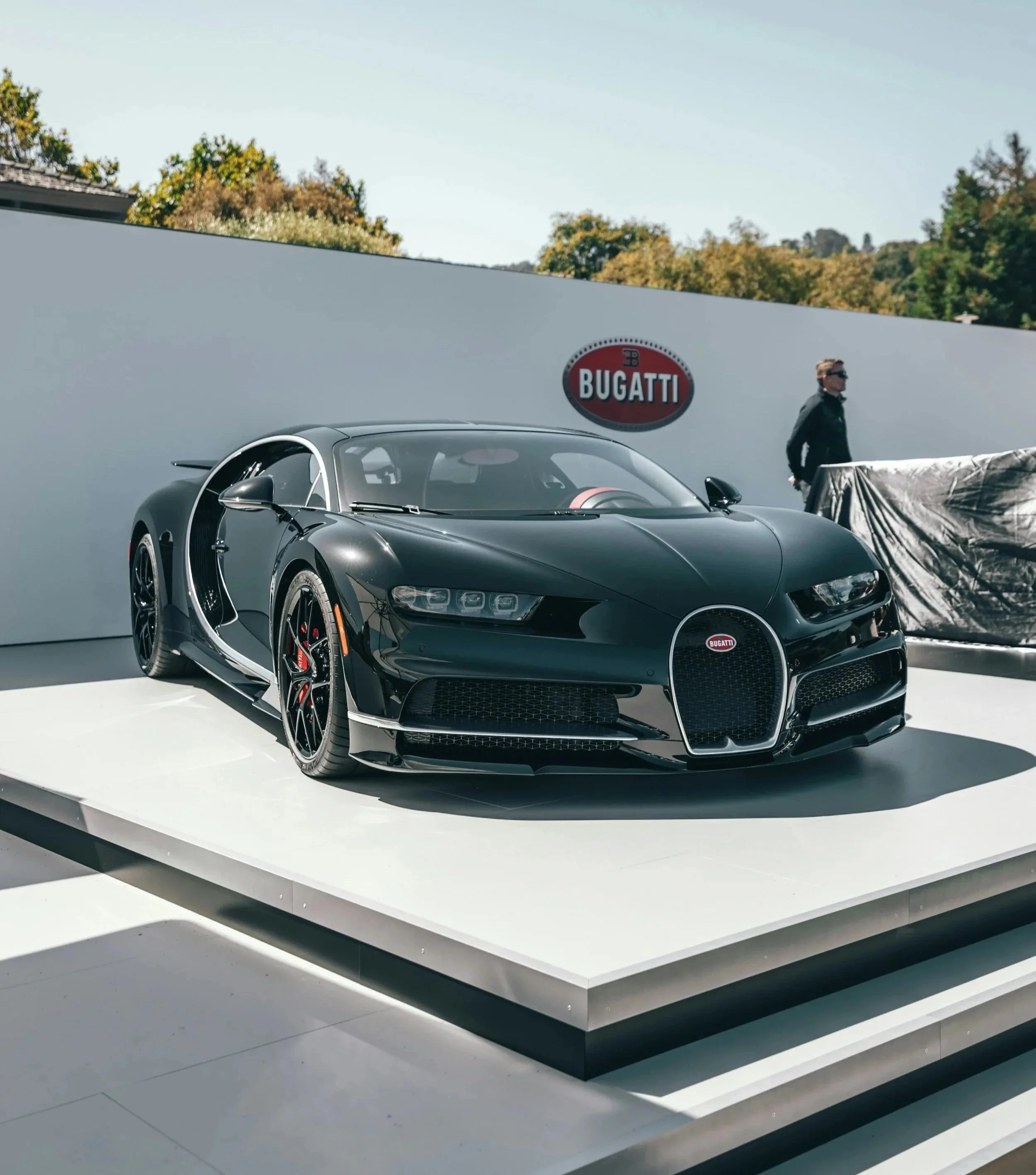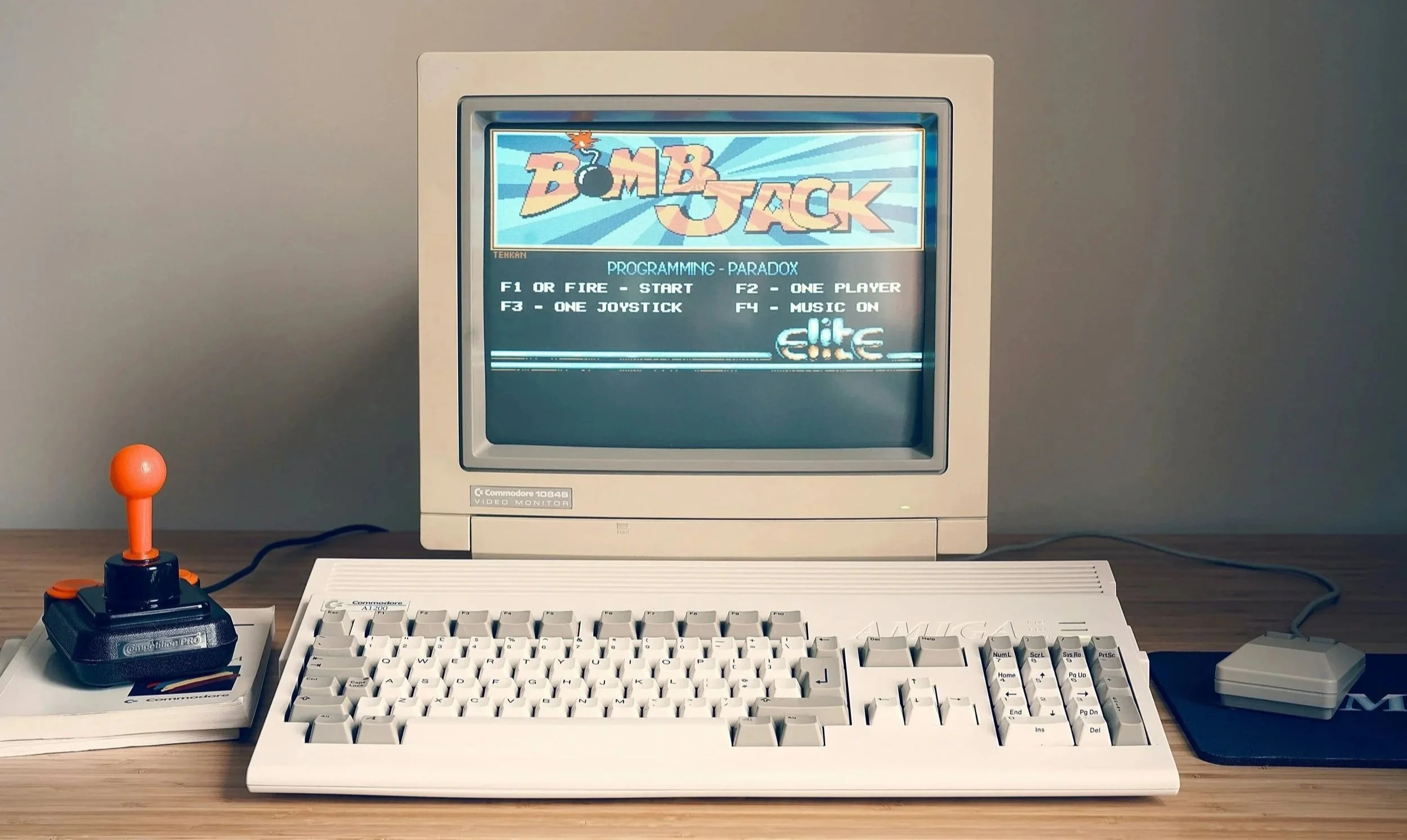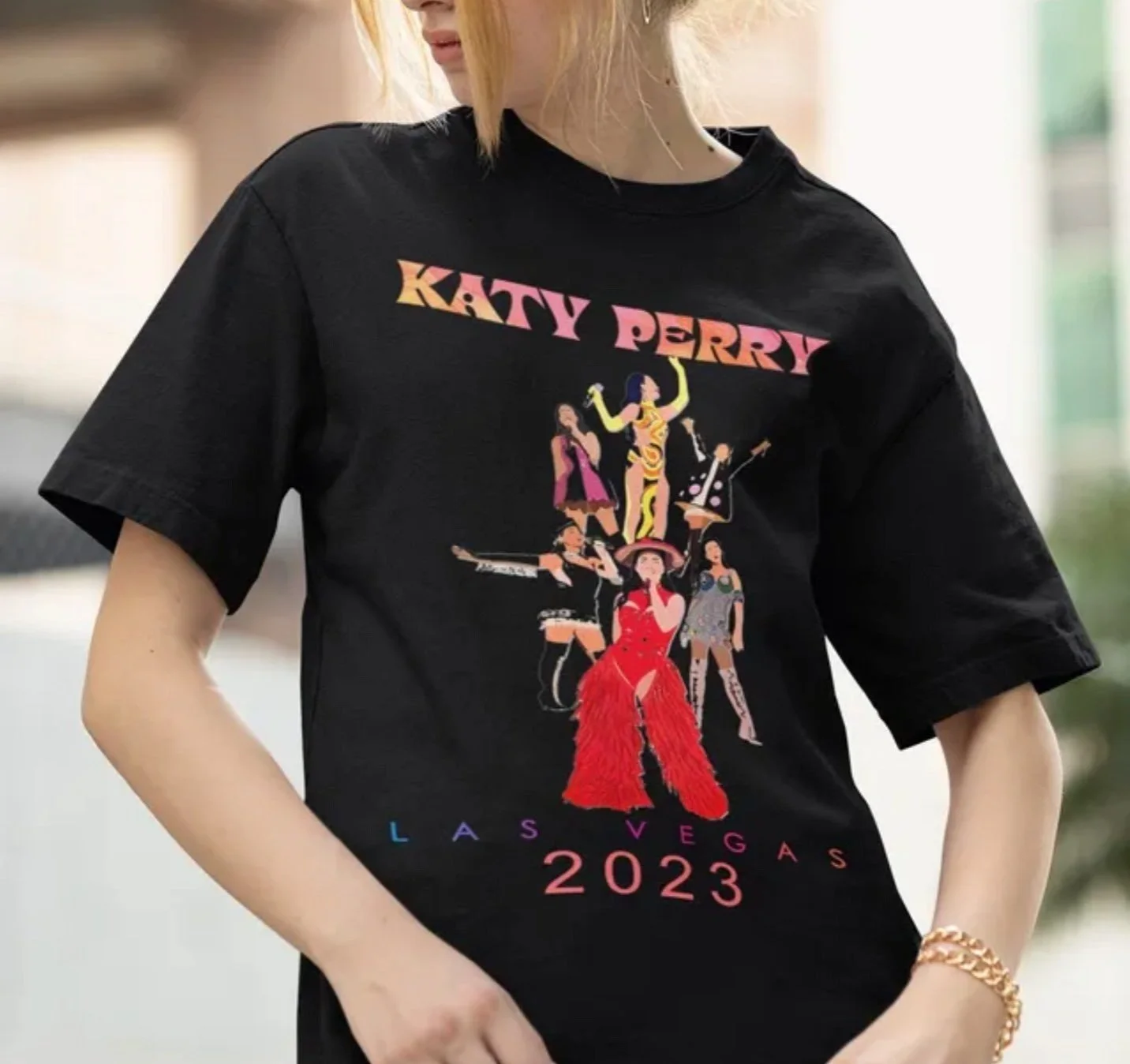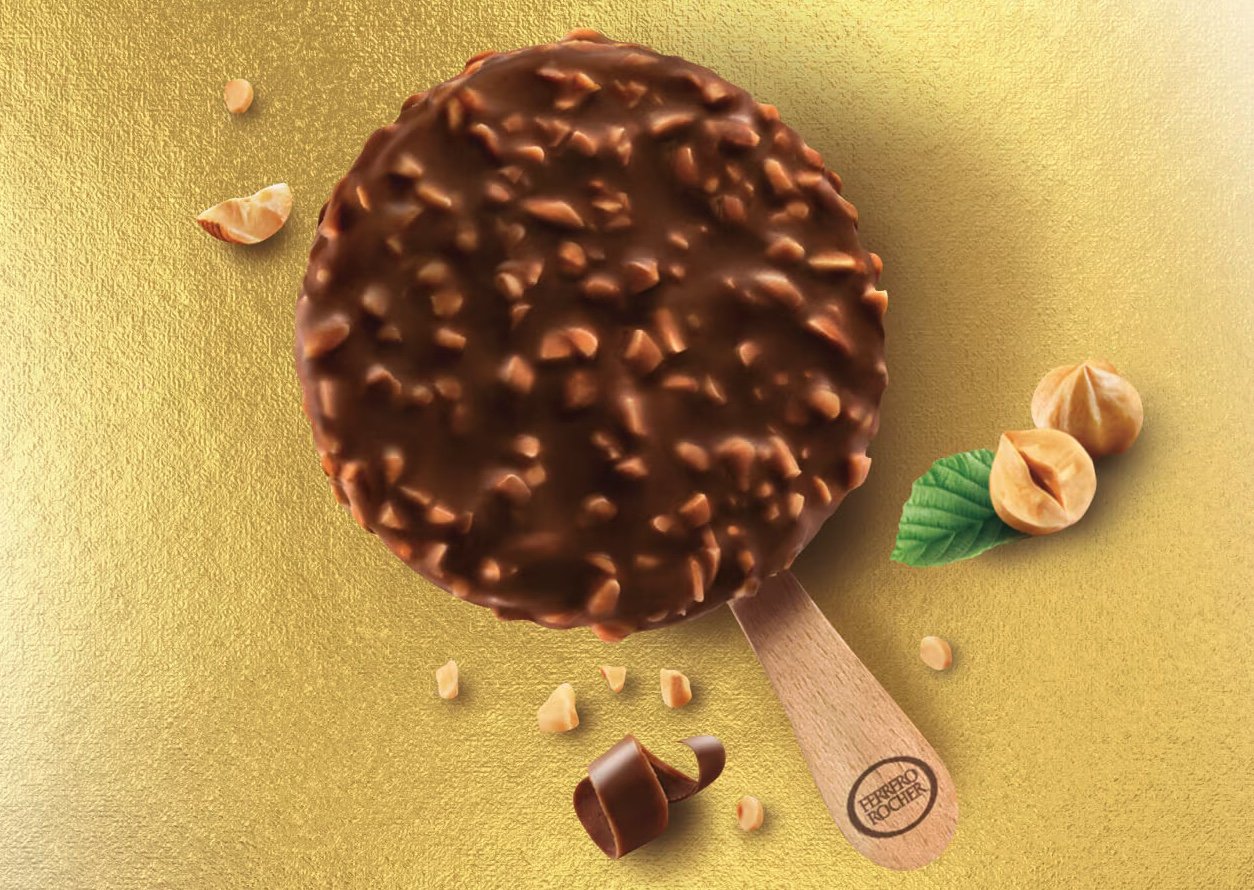Read and enjoy the latest about the fascinating world of trademarks here. The latest on developments in the field of trademark rights, including background information, relevant cases and videos about a range of trademark topics can be found in our Thinktank.
Blogs
Haaland brand stolen
What happens when someone tries to steal Erling Haaland’s name – not on the pitch, but as a trademark?
A Polish man thought he was being clever by registering “HAALAND” before the famous striker did. But the Terminator wasn’t about to let that slide.
What followed was a legal battle full of bold moves, unbelievable excuses, and one clear message: you don’t mess with Haaland – not even off the field.
Starbucks vs. Sattar Buksh – When parody is permissible under trademark law
Can you parody a well-known brand? The branding of Pakistan coffee chain Sattar Buksh shares a striking resemblance with that of Starbucks. Sattar Buksh openly admitted that Starbucks had inspired them. The founders find it amusing that “Sattar Buksh” sounds similar to “Starbucks” but explain that the wording has a completely different meaning.
A Bugatti with a vacuum cleaner under the hood?
Chinese company Dreame Technology, best known for its high-tech hair dryers and especially vacuum cleaners, declared its ambition to compete with hypercar makers like Bugatti. Dreame wants to build the world’s fastest car—by adapting the powerful motors from its vacuum cleaners for use in electric supercars. But what if Dreame’s dream car also looks a lot like the Bugatti Chiron we know?
Dog treat takes a bite out of bourbon brand Maker’s Mark
From time to time, companies in other sectors attempt to create a parody of an existing brand. After all, they argue, their product comes from a completely different industry, so confusion is unlikely. Such is the case with the dog treat from the company Wigglewow, named “Maker’s Bark.” The dog treat is shaped like the bourbon bottle, complete with the distinctive red wax on the cap.
Elon Musk’s xAI sued by gaming network Xai
The Ethereum-based gaming network Xai is taking xAI, Elon Musk’s AI company, to court. Xai’s parent company, Ex Populus, filed a lawsuit in California for trademark infringement. At the heart of the case lies the question of whether there is a likelihood of confusion between the two marks. According to Ex Populus, the similarity between “Xai” and “xAI” is misleading and damaging to their brand.
Is the iconic COMMODORE brand making a comeback?
The Commodore 64 was hugely popular in the 1980s. Actor and YouTube creator Christian Simpson announced his intention to revive the brand. He revealed that he plans to acquire the Dutch company Commodore Corporation BV – the current holder of the trademark rights. However, his announcement stirred controversy when two Italian companies also claimed ownership of the COMMODORE brand.
Philadelphia Eagles forgot one key trademark – and it cost them
NFL Properties Europe (NFLP), the company managing the trademark rights of NFL teams, recently encountered a trademark application of an Eagle. The team however has only registered two word marks: ‘EAGLES’ and ‘PHILADELPHIA EAGLES’. Can you effectively oppose a pure figurative mark using only word mark registrations?
Pop idol Katy Perry vs. Australian designer Katie Perry: the full story
A pop icon and a fashion label sharing nearly identical names—could that go smoothly? In 2014, Katie Perry filed a lawsuit when Katy Perry sold merchandise bearing her stage name during an Australian tour. Katie claimed this infringed on her registered trademark. What followed was a long legal battle over whether infringement had occurred and whether Katie’s trademark was valid.
OpenAI is taking over… or not?
AI seems to be the key to everything — from smart tools to smart marketing. But one thing still requires a human touch: creating a distinctive brand name. Even AI pioneer OpenAI ran into legal reality when it tried to register its own name. OpenAI, Inc. applied to register the word mark OPENAI with the EUIPO, covering software, digital applications, internet and communication services, cloud solutions and online networks.
SpaceX challenges European trademark application for e-cigarette brand
SpaceX is globally renowned for designing, manufacturing and launching advanced rockets and spacecraft. Elon Musk’s company is not only a pioneer in the aerospace industry—it also takes its trademark protection seriously. Recently, a party based in Hong Kong filed a figurative trademark ‘SPACEX BAR’ with the European Union Intellectual Property Office (EUIPO) for e-cigarettes and vapes. SpaceX filed an opposition.
Skechers denied trademark for heel design: cushioning visible, not distinctive
Who doesn’t remember them? Around the year 2000, Skechers made a name for itself with playful, eye-catching shoe designs that stood out from the crowd. Recently, Skechers applied for a position trademark of the triangular shape near the heel of the sole. Will the triangle showing the cushioning structures be accepted as a trademark?
Summer holidays infringements part II
So, what happened in the Ferrero ice cream opposition? In September 2023, we published a blog about the opposition filed by a Polish company against Ferrero Rocher’s figurative trademark application for the shape of its ice cream popsicle based on its earlier trademark featuring a similar-looking ice cream. Does the application make it though?
There is only one His Master’s Voice logo
His Master’s Voice is known as a record label, an international music retail chain, but above all for its legendary logo featuring a dog and a gramophone—a visual that has become iconic in representing sound recordings and the music industry. His Master’s Voice is a registered trademark. Talisman Brands Inc. opposed the application for a European figurative mark that strongly seems to resemble the classic logo - can we talk of a likelihood of confusion?
PRIME Hydration vs. Más+: Logan Paul tries to knock Messi out of the ring
You probably know Logan Paul from the wrestling ring, YouTube or his podcast. This time, though, he aimed for a knockout not in sports—but in court—to defend his brand, PRIME Hydration. His opponent? None other than global football icon Lionel Messi. PRIME Hydration is accusing Más+ of copying its packaging design. Is there a likelihood of confusion?
The power of a broad trademark registration: Apple’s battle over Vision Pro
A Spanish applicant filed for the EU word mark VISION PRO. Apple based its opposition based on likelihood of confusion with its Vision Pro trademark — known for its VR headset with a built-in 3D camera. Read more about the Opposition Decision here, highlighting the importance of carefully considering the specific goods and services for which you register a trademark.
IKIKI / IKEA: The sequel
In January 2024, a Chinese company from Shenzhen filed a trademark application for a logo that looked suspiciously similar to IKEA's—the only difference being the word ‘IKIKI’ instead of IKEA. IKEA filed an opposition, which we talked about in our previous blogpost here. Now, the EUIPO has come to a decision.
Mysteryland vs. Mysticland
Mysteryland is one of the oldest festivals in the Netherlands and has a rich history. Merchandise is an important source of income for festivals. A German individual filed a trademark application for MYSTICLAND in the EU, covering products like CDs. Mysteryland filed an opposition, based on a risk of confusion.
Chaos in the perfumery
A perfume bottle, besides the fragrance and the brand it holds, is often a work of art in itself. The flasks are often so distinctive that the brand can be recognised by the bottle’s shape. Chanel recently filed an opposition against Romanian perfume brand CHAOS’ application of the 3D shape of their latest fragrance, because of the close resemblance to the Chanel No. 5 bottle.


















